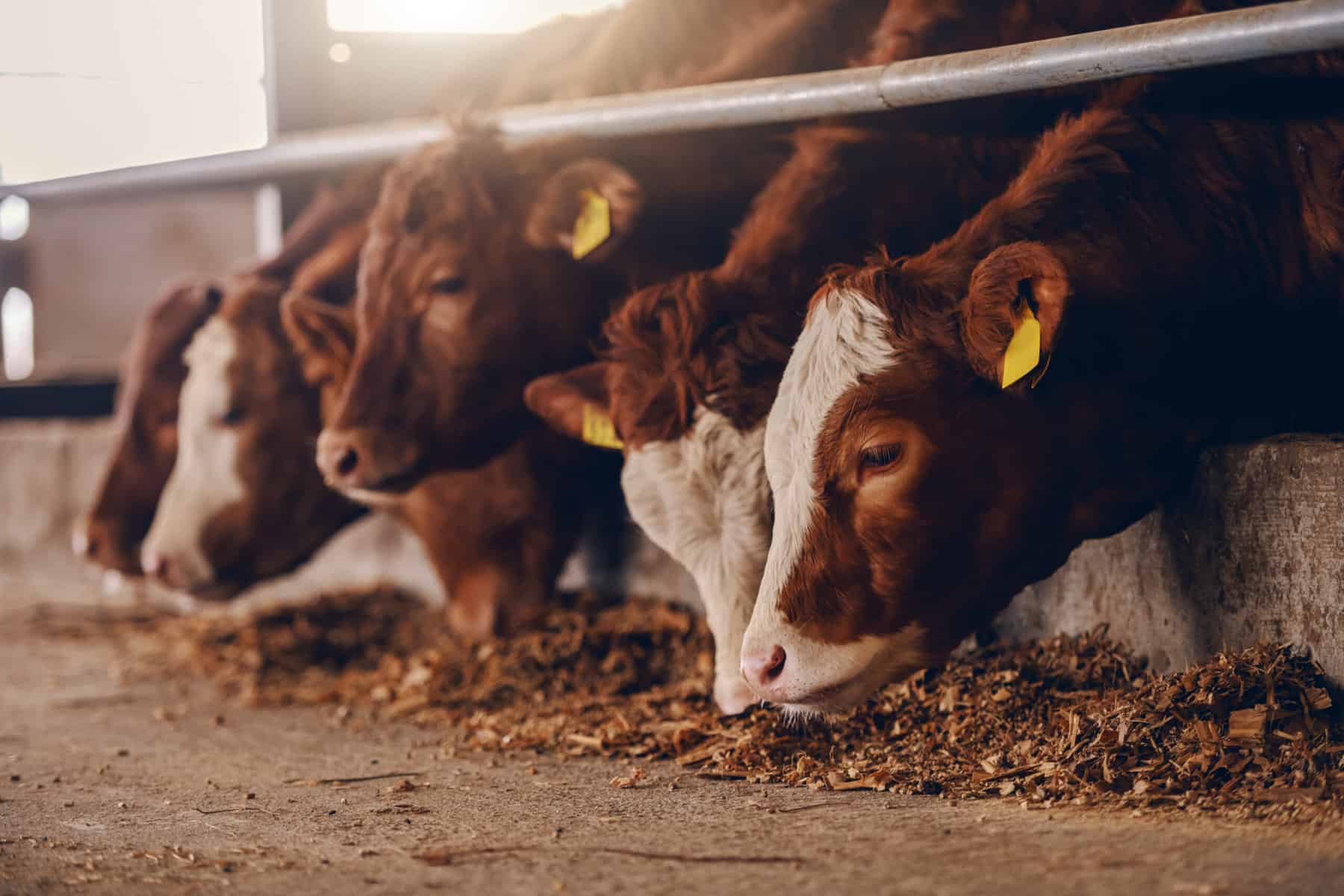The re-emergence of the New World screwworm in Mexico, more than two decades after eradication, has triggered a health crisis with major economic repercussions.
Faced with the threat to the livestock industry and the suspension of cattle exports to the United States, President Claudia Sheinbaum's government announced large-scale inspections and a livestock conversion program.
The outbreak was first detected in southern Mexico, with Coahuila and Tamaulipas later affected as the pest spread north. This led to the immediate suspension of Mexican cattle exports to the United States, the main destination for more than 1 million head of cattle each year.
The measure, imposed by U.S. animal health authorities, aims to prevent the spread of the pest, whose larvae feed on the living tissue of warm-blooded animals, causing myiasis -- a parasitic infection that invades tissue and, if untreated, can cause complications or death.
The economic impact from the closure of the U.S. border amounts to about $1.3 billion, with roughly 650,000 head of cattle unable to be exported, according to estimates by Mexico's National Agricultural Council.
Mexico's Secretary of Agriculture and Rural Development Julio Berdegué said authorities have inspected more than 1.8 million animals and reinforced surveillance protocols with traps and larvicidal treatments.
Sheinbaum also announced the launch of a livestock conversion program for beef production. The initiative includes an initial investment of nearly $40 million.
Reopening the border will depend on certification confirming the country is free of the screwworm, known scientifically as Cochliomyia hominivorax.
Mexico eradicated the pest in 1991 through the sterile insect technique, in cooperation with the United States and Central America. However, the risk of reinfestation remains, particularly along the southern border.
The outbreak in Mexico threatens binational eradication efforts. Countries such as Panama, Belize and Honduras continue to report sporadic outbreaks, and in those cases, international health cooperation has been activated.
"Beyond the economic impact, the outbreak exposes the fragility of epidemiological surveillance systems and the need to strengthen regional cooperation. For institutional actors, this crisis represents an opportunity to highlight the importance of animal health as a pillar of rural development, fair trade and social well-being," Javier Rodríguez, director of new markets at the Mexico International Fair, told UPI.
After a new case was detected in Nuevo León, the National Service for Agrifood Health, Safety and Quality (SENASICA) reported Monday, Oct. 6, that the larvae found were dead or poisoned, indicating that the ivermectin treatment established by protocol was effective.
The finding was made through a trap system set up in coordination with the United States, which is inspected every three days.
Amid the health crisis caused by the screwworm outbreak, Mexico faces additional pressure as Brazilian beef imports have jumped more than 250%, surpassing 70,000 tons so far this year.
Mexico does not have a free trade agreement with Brazil, meaning Brazilian beef enters the market without reciprocal trade terms. Mexican cattle producers have called for tighter controls and higher tariffs, arguing they face unfair competition, especially amid a public health emergency.
Source - https://www.msn.com













